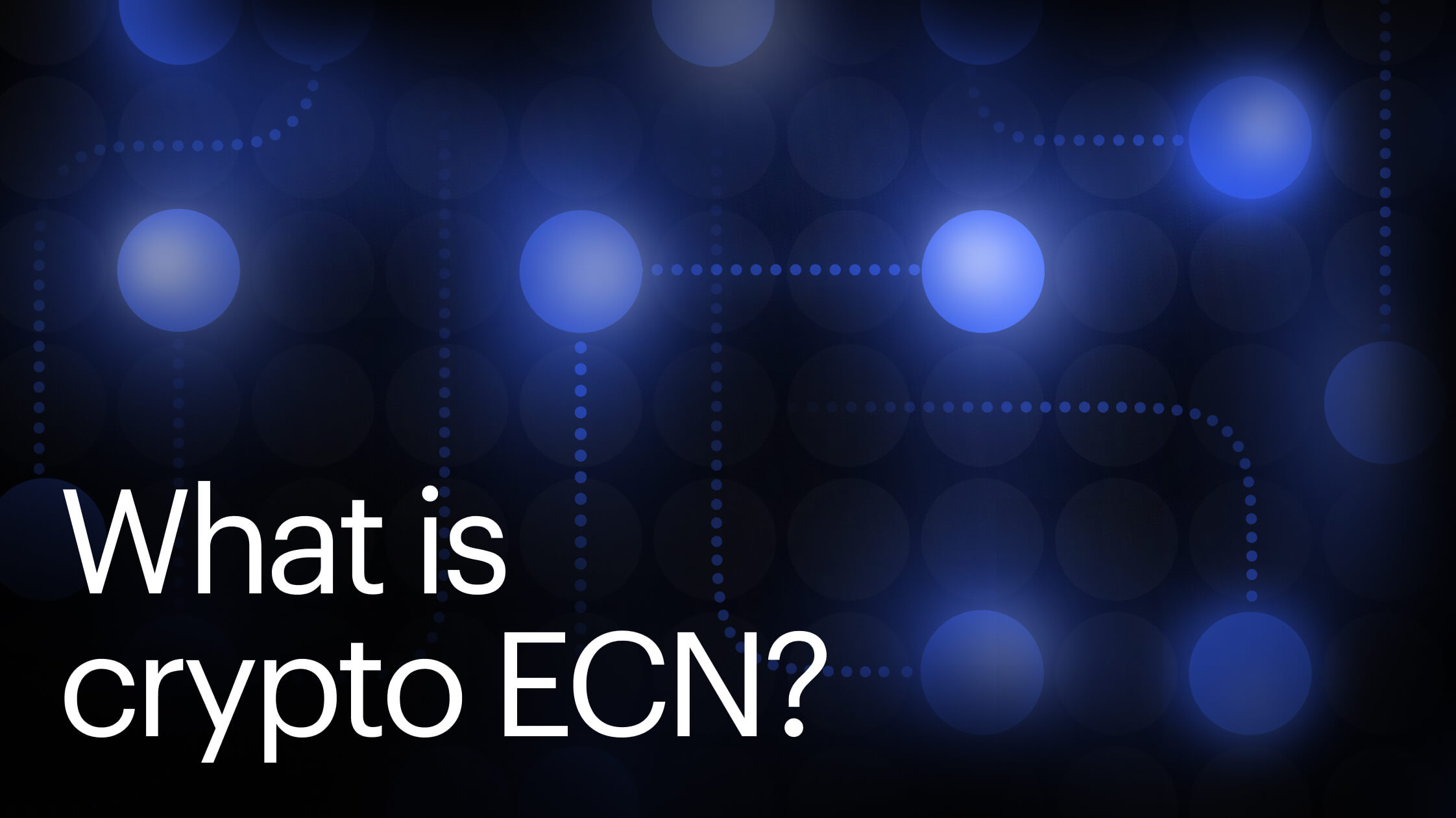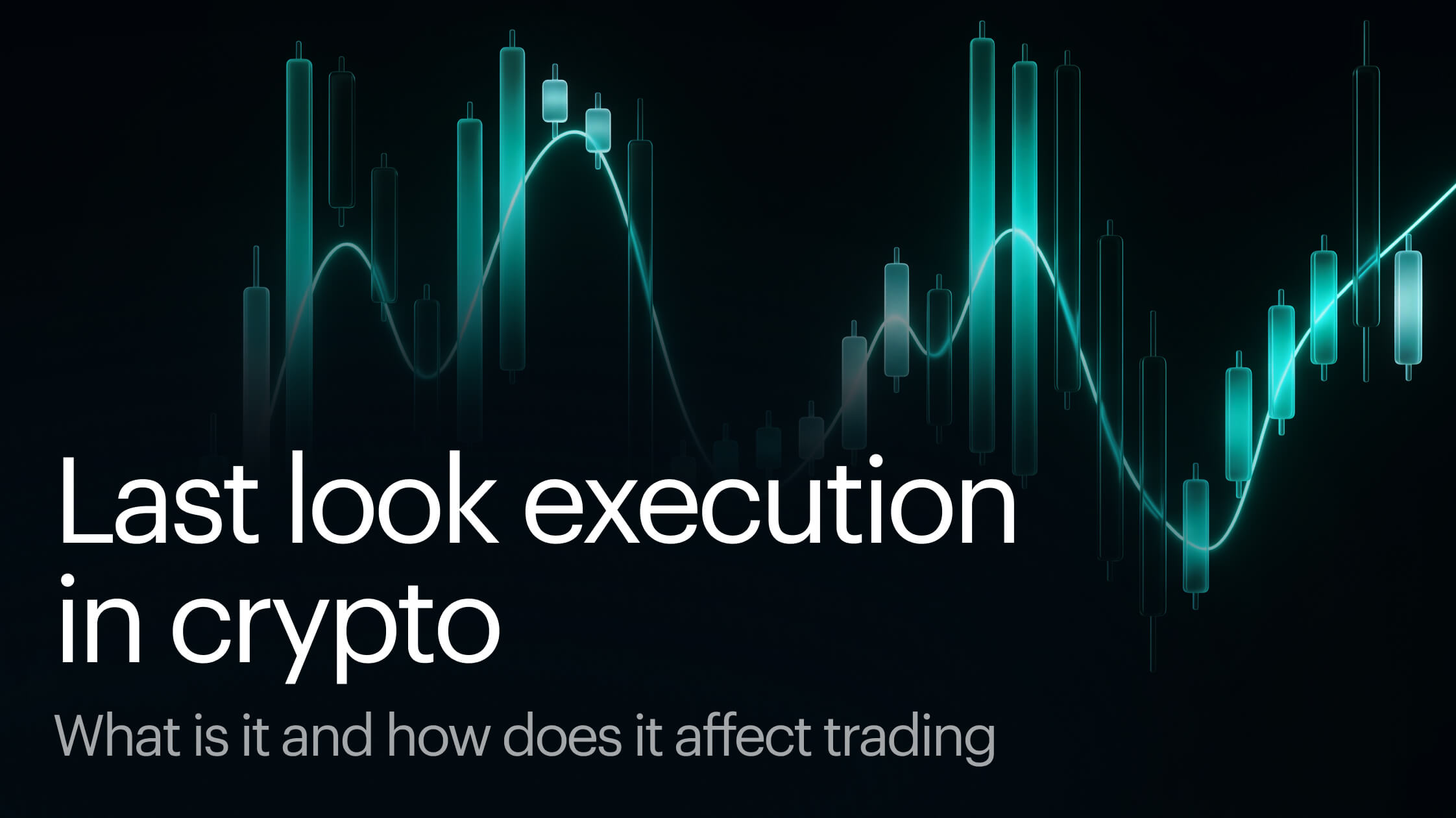
In the rapidly evolving world of finance, the intersection between traditional financial structures and emerging cryptocurrency markets has become increasingly prominent. As the crypto sector matures, it draws parallels to well-established systems from traditional finance. One such system, the Electronic Communication Network (ECN), stands out as a bridge between these two realms. This article delves into the significance of ECNs in the institutional crypto trading sphere, their genesis, and their growing relevance in the digital assets market.
What is an ECN (Electronic Communication Network)?
An Electronic Communication Network, commonly referred to as an ECN, is a digitized system designed to automatically pair buy and sell orders for securities within the financial markets. With the advent of technology and the digitization of trading, ECNs emerged as a solution to a critical challenge: connecting buyers and sellers from diverse geographical locations, enabling them to transact securely without the intervention of a third party.
The fundamental characteristics of an ECN are:
- Automated Order Matching: ECNs employ computerized systems to showcase the best available bids and ask quotes from a multitude of market participants. These systems then auto-match and execute orders, ensuring seamless transactions.
- Extended Trading Hours: Unlike traditional trading avenues, ECNs offer the flexibility of trading beyond standard market hours. This feature is crucial for traders wanting to respond to news and events that occur outside regular trading times. In the world of cryptocurrencies, this is a “by default” feature giving the 24/7 market nature.
- Reduced Need for Middlemen: ECNs connect major brokerages and traders, allowing them to interact directly. This direct interaction eliminates the need for intermediaries, enhancing efficiency and reducing transaction costs.
- Transparency and Speed: By offering real-time bid and ask quotes and ensuring rapid order execution, ECNs bring an unmatched level of transparency and speed to the trading process.
Evolution of ECNs in Traditional Markets
The inception of ECNs dates back to the 1960s with the establishment of the Nasdaq Stock Market, heralded as the globe's pioneering electronic stock exchange. Initially conceived as a quotation system for Over-the-Counter (OTC) stocks, Nasdaq underwent a transformation, becoming an electronic platform enabling traders to bypass intermediaries and transact securities directly. This marked the genesis of ECNs as we understand them today.
Fast forward to the present, ECNs are vital cogs in the financial machinery. They offer a plethora of services, ranging from granting access to a myriad of asset classes, availing advanced trading tools, and connecting traders to diverse liquidity reservoirs worldwide. Additionally, with the surge in algorithmic trading, ECNs have further refined their platforms to offer low-latency trading experiences.
Drawing parallels to the FX market offers an insightful perspective. The FX market, inherently transnational, operates round the clock, metaphorically "moving with the sun". This 24/7 trading nature is eerily reminiscent of the crypto markets.
In the 1980s, the FX landscape was dominated by commercial banks. A reminiscent scene from this era would be a client making a phone call to a bank's salesperson, requesting a currency transaction quote. Interestingly, this dynamic finds its modern counterpart in crypto markets where Telegram chats facilitate interactions between crypto firms or institutional players and vast OTC liquidity providers.
The 1990s witnessed a seismic shift with the advent of electronic FX trading, driven primarily by giants like Reuters and EBS. They superseded the conventional telephone-mediated trading systems. As years rolled on, new ECNs entered the fray, motivated by the triumphs of share-trading platforms. These new entrants reshaped the FX market, offering diverse trading protocols, enabling traders to scout for the best execution avenues. Today, the FX market brims with options. Traders can tap into liquidity via an array of multi-dealer platforms, single-dealer platforms, and price streams from an assortment of proprietary trading entities.
Cryptocurrencies, although a novel asset class, echo these historical trends. Initially driven by retail customers on centralized exchanges (CEXes), the crypto market structure is undergoing a metamorphosis. A discernible trend is the gradual shift towards institutionalization, marked by the proliferation of trading platforms and a broader spectrum of execution methods, encompassing request-for-quote (RFQ), streaming, and central limited order book (CLOB).
ECNs in the Crypto World
The cryptocurrency market, in its infancy, was largely an uncharted territory devoid of the sophisticated trading structures found in traditional finance. However, as institutional interest grew, so did the need for more advanced trading platforms. Enter crypto ECNs.
Recent years have witnessed the launch of several ECN platforms, like Finery Markets “FM Marketplace”, an institutional-grade trading infrastructure designed to bridge the gap between traditional finance and the crypto world. These platforms offer a robust infrastructure designed specifically for institutional users, enabling them to trade spot or derivatives on cryptocurrencies on a bilateral or multilateral basis. This ensures a high level of familiarity and ease of use for institutional traders. One noteworthy characteristic of these modern platforms is that they function as execution-only ECNs. This implies that the execution process is separate from the clearing, custody, and settlement services, which is the prevailing system in traditional financial markets.
Moreover, some entities have emerged as crucial players, providing prime brokerage and credit intermediation services, credit, and market access. Such developments have made it possible for institutional firms to trade cryptocurrencies over the counter at scales comparable to the FX market. The market is also seeing a spike in firms providing institutional custody, like Copper, which focuses on offering a suite of custody solutions that reduce counterparty risk.
Specialist clearing houses for digital assets, such as ClearToken, are also gaining prominence. These institutions aim to provide a central point where various market participants—from investors and banks to market-makers and custodians—can interact, ensuring streamlined trading of spot crypto.
While the crypto market has faced its share of controversies, the increasing involvement of established financial entities signals a move toward maturity. Traditional FX venues are now exploring ways to incorporate crypto trading, further blurring the lines between traditional finance and the world of cryptocurrencies.
The Importance of ECNs for Institutional Trading in Crypto
The growth of the cryptocurrency market has attracted an influx of institutional players. These institutions, accustomed to the efficiencies of traditional financial systems, seek similar structures in the crypto realm. This is where ECNs play a pivotal role:
- Facilitating Large Trades: Institutions often deal with substantial volumes. ECNs allow these entities to execute large trades without causing significant price fluctuations in the market.
- Ensuring Fair Trading: The transparent nature of ECNs reduces the chances of market manipulation. By providing real-time price quotes and immediate order execution, they ensure a level playing field for all participants.
- Enhancing Transparency and Trust: For institutional investors, trust is paramount. ECNs, by their very nature, offer transparency, fostering confidence among these investors. They can be certain of the price at which they are trading and can instantly see the market's response to their trades.
- Reacting to Market Changes: With advanced technology, institutions can seamlessly and swiftly react to market-moving news, ensuring they stay ahead in the volatile crypto landscape.
- Cost-Efficiency: While ECNs do come with their set of fees, the absence of intermediaries often results in reduced overall costs for traders, making them a preferred choice for institutions.
The bottom line
The emergence of ECNs in the cryptocurrency market signifies a significant step towards its maturation. As traditional financial structures merge with this nascent industry, the landscape is set to evolve further, promising more efficiency, transparency, and accessibility.
With established names from the world of traditional finance venturing into cryptocurrencies, the role of ECNs becomes even more crucial. They not only bridge the gap between the old and the new but also pave the way for a future where the distinction between traditional finance and cryptocurrencies might become increasingly blurred.

























